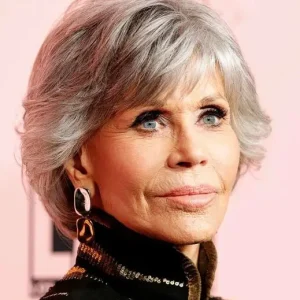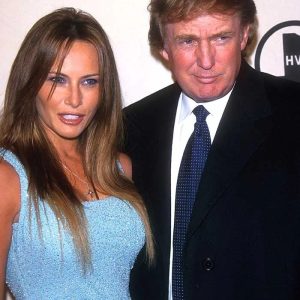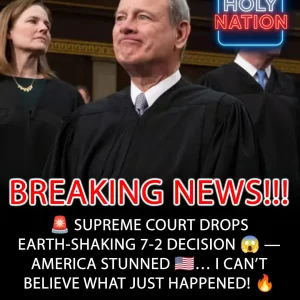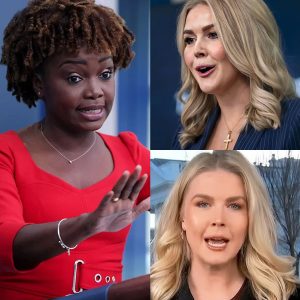The funeral of Pope Francis on April 26, 2025, brought together world leaders and dignitaries to honor the late pontiff’s legacy—but some political figures ended up drawing more attention for their behavior than for their reverence. Former U.S. President Joe Biden faced sharp criticism after being photographed taking selfies with officials, including Ugandan MP Thomas Tayebwa, during the solemn ceremony. Social media erupted with accusations of disrespect, with many users questioning the appropriateness of such casual interactions at a funeral.
Meanwhile, Donald and Melania Trump’s presence also stirred controversy after footage of their departure led to renewed speculation about a “fake Melania” conspiracy theory. Though the couple appeared in traditional mourning attire, forensic lip readers claimed that Melania had to quietly prompt Trump to participate in the Catholic “sign of peace” ritual. The moment fueled online debates, with critics arguing that even in mourning, the Trumps couldn’t escape public scrutiny and bizarre rumors.
Despite these distractions, the funeral itself was a powerful tribute to Pope Francis’s life and teachings. Over 200,000 mourners gathered in St. Peter’s Square, united in grief for a leader known for his humility, compassion, and dedication to the marginalized. His final wishes were honored as he was laid to rest in the Basilica of Santa Maria Maggiore, a site deeply meaningful to his spiritual journey.
Global tributes poured in, with religious and political leaders praising the pope’s efforts to bridge divides and advocate for peace. Yet the focus on political figures’ missteps highlighted how even in moments of collective mourning, public figures remain under intense scrutiny. The contrast between the pope’s quiet humility and the media frenzy around certain attendees was striking.
In the end, the controversies served as a reminder of Pope Francis’s own challenges in navigating a world often more fixated on spectacle than substance. His funeral, meant to be a moment of reflection, instead became another example of how politics and public perception can overshadow even the most sacred occasions. His legacy, however, will be defined not by the distractions of the day, but by the enduring impact of his message of mercy and unity.






